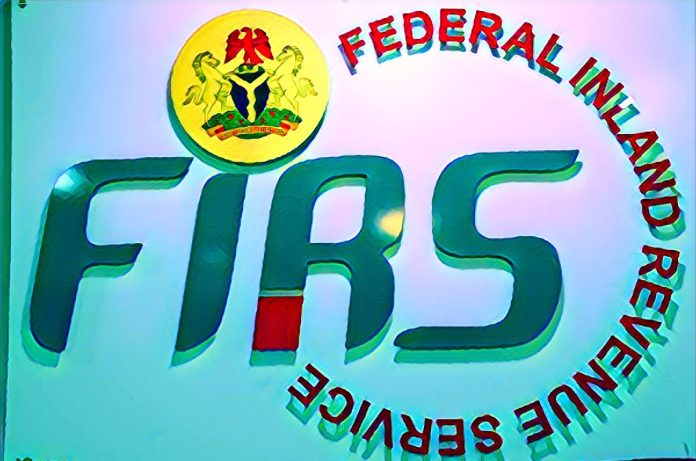KEY POINTS
- FIRS to introduce an e-Invoice system to improve Nigeria’s tax collection.
- New tax initiatives aim to boost transparency and economic growth.
- LCCI urges collaboration to ensure tax policies support business innovation.
The Federal Inland Revenue Service (FIRS) is set to introduce a new digital solution, the FIRS e-Invoice, to improve Nigeria’s tax system. The initiative is part of a larger effort to modernize tax administration and enhance transparency.
Executive Chairman of FIRS, Dr. Zacchaeus Adedeji, speaking at a stakeholder engagement event organized by the Lagos Chamber of Commerce and Industry (LCCI), emphasized the importance of innovation in tax processes.
Represented by Mrs. Oti Olaniyi, Acting Director of the Medium Taxpayers Department, Adedeji highlighted the e-invoice system as crucial for streamlining transactions between businesses and the government.
Digital transformation for transparency and growth
Adedeji underscored the importance of this digital solution in facilitating real-time transaction validation and improving tax compliance across business-to-business (B2B), business-to-consumer (B2C), and business-to-government (B2G) interactions.
As Nigeria seeks to grow its economy, he stressed that embracing reforms and leveraging technology would help the country build a more resilient economy.
“We can only achieve sustainable growth if we embrace transparency and enhance the tax system with modern tools,” Adedeji said. According to Vanguard, he also noted that FIRS aims to stimulate local industries and boost economic growth through tax incentives.
The FIRS leader emphasized the importance of tax reforms and the restructuring of FIRS to enhance revenue collection and efficiency. He encouraged businesses to support these changes through collaboration and constructive feedback.
Addressing the informal sector and boosting SME growth
The informal sector, which constitutes a significant portion of Nigeria’s economy, presents unique challenges for tax collection. To tackle these challenges, the government is exploring simplified tax regimes and incentives for registration.
The goal is to bring small and micro businesses into the formal tax system while promoting economic inclusivity.
LCCI President, Gabriel Idahosa, echoed these sentiments, urging FIRS to collaborate with both the private sector and government. He noted that Nigeria’s tax-to-GDP ratio, currently at 10.86 percent, needs improvement to meet the government’s target of 18 percent over the next three years.
This will require targeted reforms to simplify tax policies, encourage compliance, and boost revenue generation.
Idahosa praised FIRS for setting an ambitious revenue target of N19.4 trillion for 2024, a 57 percent increase, and stressed the importance of transparency and fairness in tax policy implementation.



